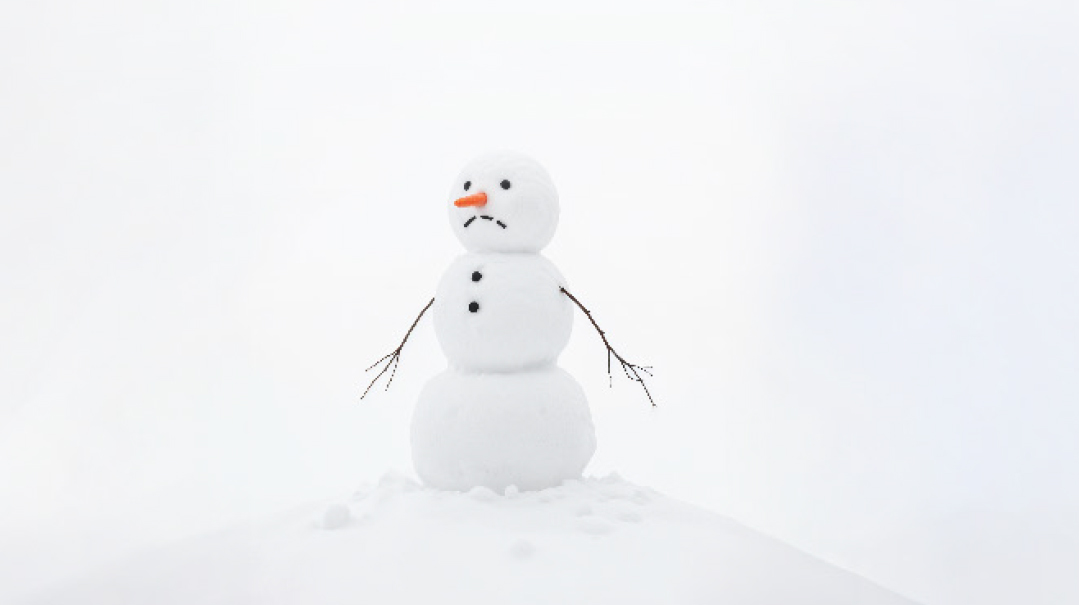The Wrong Note
| May 21, 2024I’m off on a musical tangent of discordant sounds, of minors mixed with majors, all the wrong chords, everything going utterly, totally wrong

I sit down at the piano and begin playing. It’s been months since I’ve played this song. My brain has forgotten the notes, but my fingers haven’t forgotten the melody.
I let the first tones linger in the quiet air. There are so many things I need to do: Lesson plan. Laundry. Organize my desk. Errands. Sort through piles and piles of papers.
But now, I am going to play.
If you’ve ever had piano lessons, you remember the hours it takes to memorize chords and scales, and the painstaking practice required to master a single melody. But when the learning period is complete, the body stores the tune. The fingers know the way. The mind can relax.
Now, my fingers dance across the keys, and I’m flying. Sunlight and a fresh breeze outside. Iced coffee and delicate flowers in a small glass vase next to me. Arpeggios and staccatos and the delicate threads of a rising crescendo. The world melts away, and I let myself lean into the melody. I’m transported. I’m the picture of confidence.
Scenes surface in my mind. Years of teaching blur and meld into a composite, and I see faces, bright eyes, giggles. I hear sparkling laughter and the exuberant sound of a student jumping into the air when she finds out that she got 100 on her test. I see the girls who sail through school. The ones who play all the right notes, skipping their way through the hallways. The virtuosos.
And then, I hit the wrong note.
Failure, I hear in the back of my mind. Go back to the beginning. Stop playing.
I instinctively start to rise, get off the bench, go back to my lists and errands. I’ll leave the song unfinished.
But then I hear something else. My own voice, repeating the words I’ve said to my students hundreds of times.
Keep going. Mistakes are part of learning. You don’t have to do it perfectly.
Oops! We could not locate your form.







